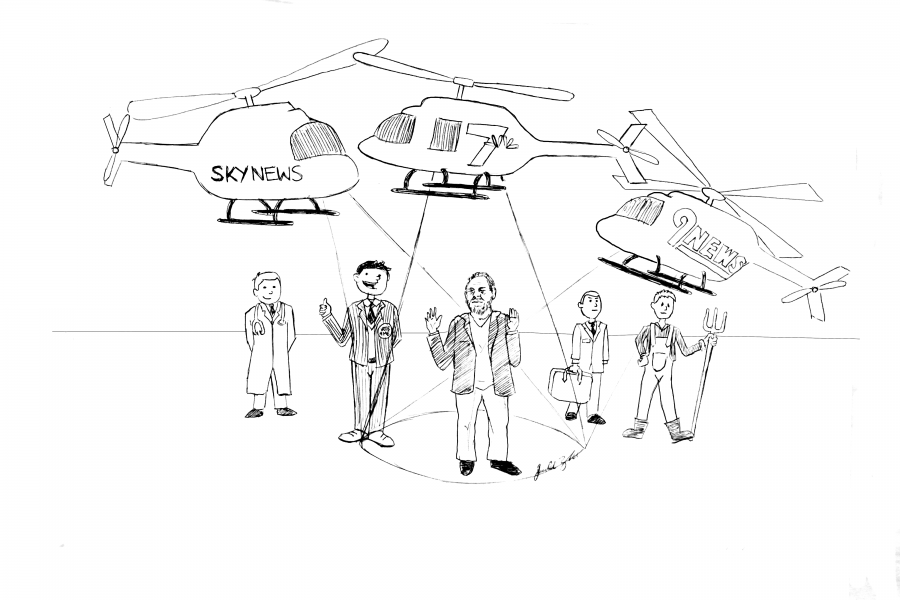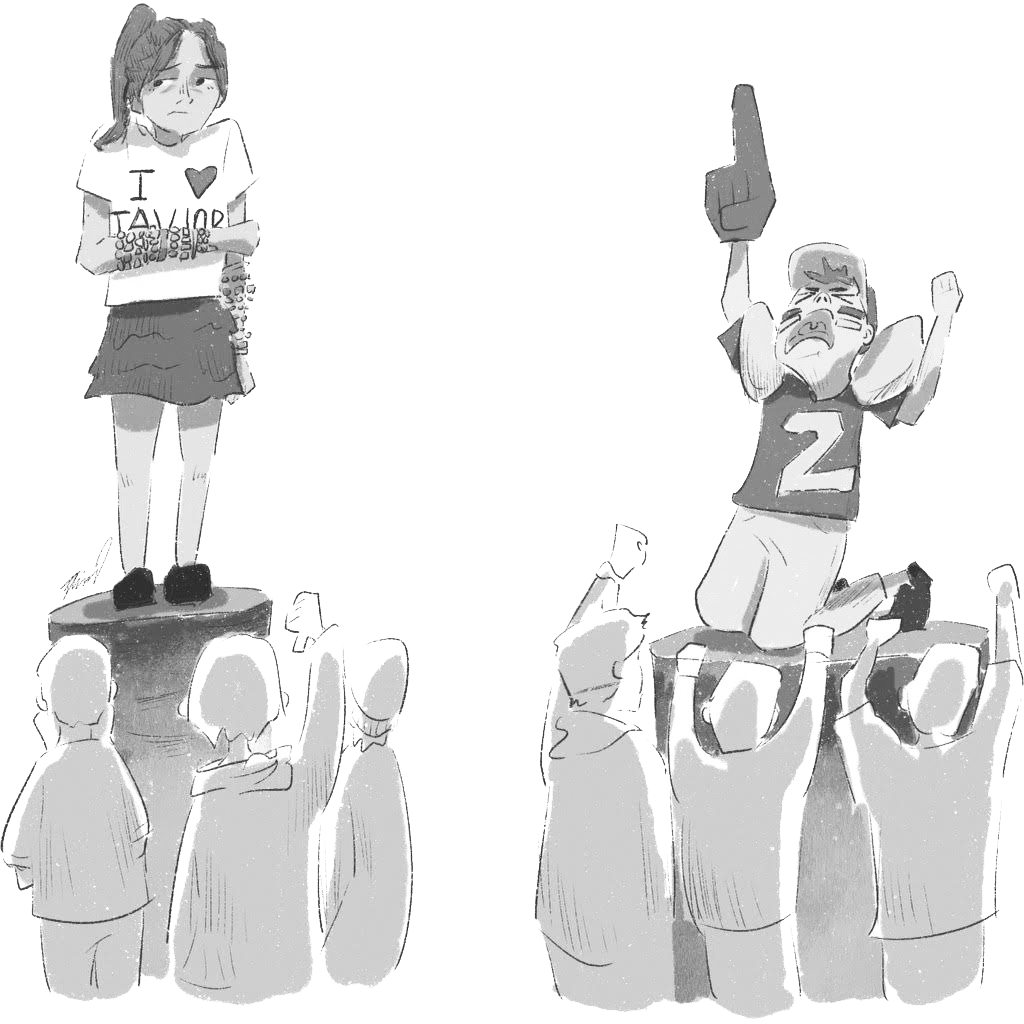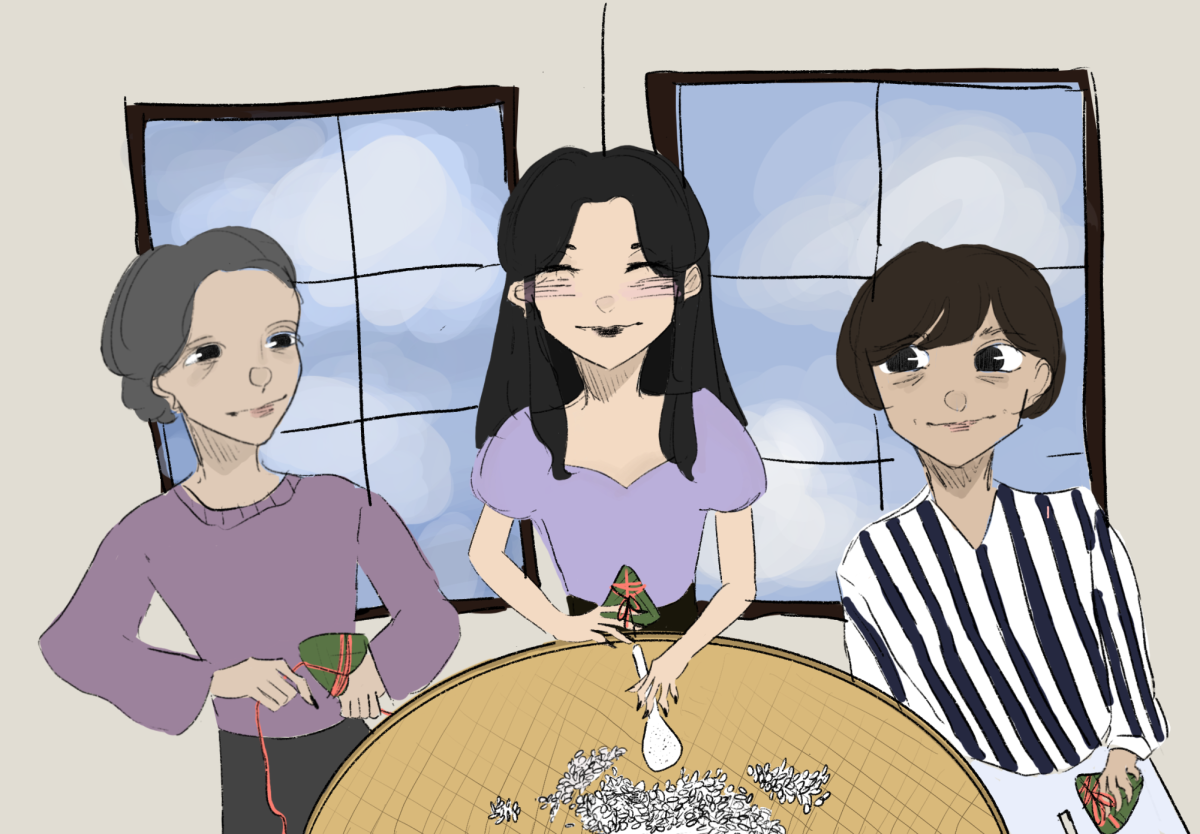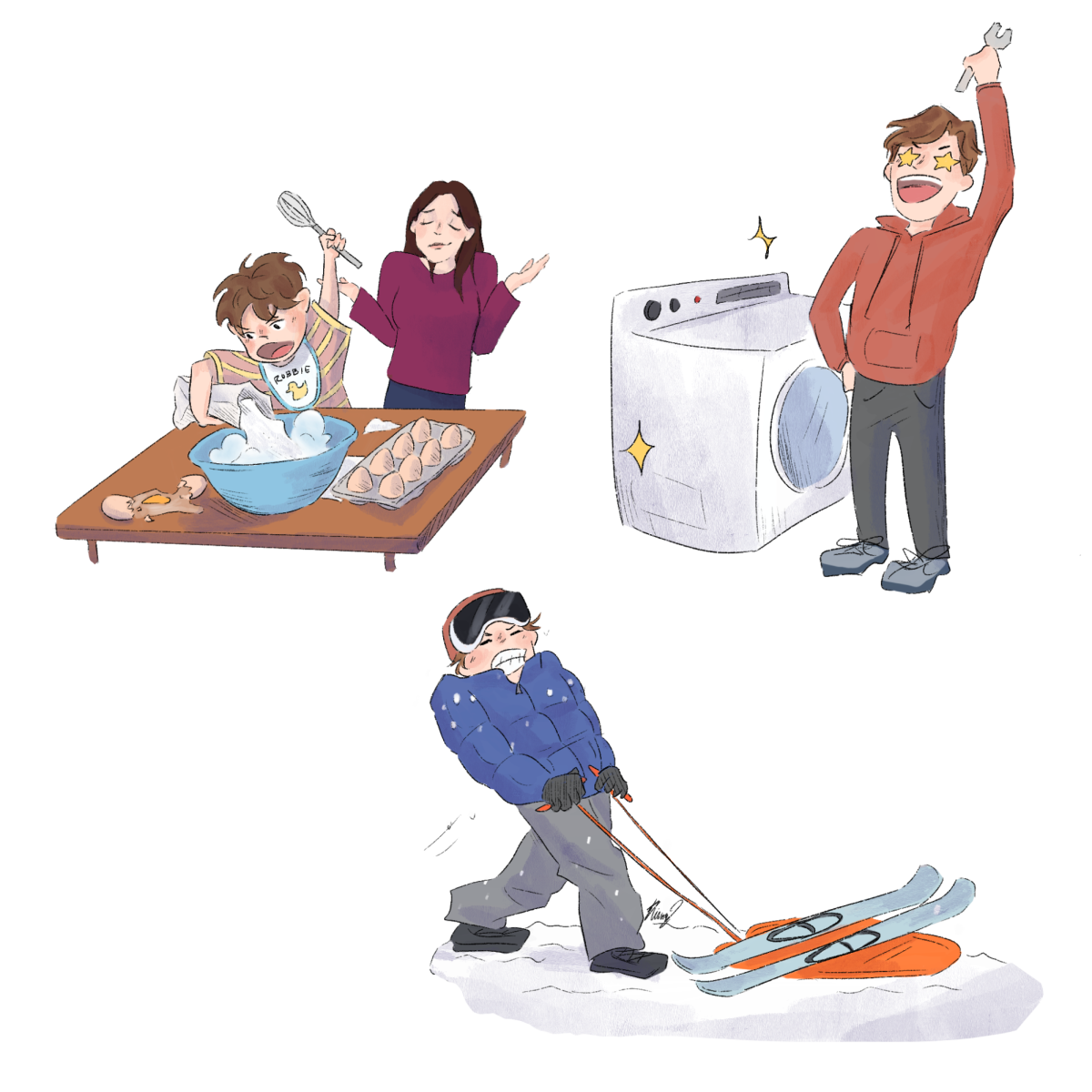Although many people are accepting the notion of a corrupt and scandalous Hollywood, they are less inclined to recognize the prevalence of sexual harassment in everyday life.
The casting couch is a millennia-old example of advantageous power dynamics at play. The only thing that is relatively new is the name. Coined in the early 1900’s, the casting couch refers to the audition process in the entertainment industry that implies the requirement of sexual favors for career advancement. It has always been the subject of rumors in the industry, never public outcry or legal action.
Stories of leering directors and aspiring actresses have continued to come to light for over a century but the industry’s efforts to silence these accusations has repeatedly been met with complacent indifference.
Emerging in 2015, allegations against comedian and actor Bill Cosby quickly revealed a pattern of intimidation and coercion on his part. While a national conversation about sexual harassment may have started with Cosby, it did not reach a tipping point until six weeks ago, when The New York Times and The New Yorker revealed Harvey Weinstein’s pattern of sexual abuse.
After Weinstein, many other big name actors, directors, and filmmakers have been publicly accused of doing the same. Kevin Spacey, Ben Ratner, Jeremy Piven, Dustin Hoffman, Louis C.K. are among many. Accusations against the men range from unwelcome exposure to touching to rape.
With the dozens of men accused and the hundreds of women who have come forward, the public was only ready to believe and actively listen to big name stars like Angelina Jolie and Gwyneth Paltrow reiterate what they already knew to be true about the film industry: that it is a breeding ground for predatory behavior.
The public has not been as keen as to accept everyday women coming forward to relay the same message. According to a survey conducted by Cosmopolitan, one in three women between the ages of 18-34 have been sexually harassed at work. Sexual harassment is something most women will agree they’ve experienced, regardless of career, industry, or status.
The #MeToo campaign began as a tweet from actress Alyssa Milano “so we might give people a sense of the magnitude of the problem.” The two words were meant to confess moments or times when someone had been sexually harassed or assaulted. It was tweeted more than 500,000 times by October 16. Within 24 hours, 4.7 million people used the hashtag on Facebook. Most of them are average women and men living average lives.
A study by the American Association of Advertising Agencies reported that more than 50 percent of women in advertising have faced sexual harassment at least once in their careers.
Frontline documented the tales of multiple migrant women who, while working in fields and packing plants, have been forced to silently suffer the harassment.
And CNBC reported on the daily harassment one Wall Street figure faced that left her “humiliated,” and silent.
While advertising, agriculture, and finance may not, at first glance, share commonalities, the prevalence of sexual harassment in all three fields is clear.
And although consequences for predatory behavior are not as often delivered as we may hope them to be, more reprehensible is the normalization of sexual assault claims in politics.
Recently, CNN spoke to 50 current and former Capitol Hill political players about sexual harassment. Anonymously, they each explained the extensive verbal and physical abuse they suffered at the hands of coworkers and superiors.
The “creep list,” as many have come to call it, is an informal and cautionary list of politicians notorious for inappropriate behavior.
They taught each other to be wary of empty elevators and late night requests to minimize the risk of becoming yet another victim. And yet, no matter the precaution, there are victims. These victims often face intense scrutiny and little support because they are up against powerful men. Many of the harassers named by the CNN interviewees are still in office, with no repercussions. Many of the men and women who came forward about the abuse requested anonymity for fear of retribution.
During the confirmation hearing of Associate Justice Clarence Thomas in 1991, a former employee of his, Anita Hill, came forward to accuse him of sexually harassing her. After a series of probing questions into her sex life, among them many questions of the victim-blaming nature, Clarence Thomas became Associate Justice Clarence Thomas.
Similarly in the 1990s, Bill Clinton was accused by Juanita Broaddrick. In 1978 she had been invited for coffee after expressing interest in volunteering for Clinton’s campaign. When plans changed for the meeting to take place in a hotel room, Broaddrick went upstairs where she explains that Clinton violently raped her. Details of the incident were postponed until his impeachment hearing and by then, he had become President Bill Clinton.
Before the election, Donald Trump had been accused by his ex-wife Ivana Trump and Jill Harth. The accusations, however, were only the tip of the iceberg. After an audio recording of Trump and Billy Bush speaking in lewd terms about women emerged, more than 15 women have come forward to accuse Trump of sexual harassment.
Continuing the depressing trend, there are now five allegations leveled against Alabama Republican Senate candidate Roy Moore. The accusers claim Moore harassed them when they were underage. These facts have not yet deterred many voters.
The pervasiveness of sexual harassment in everyday society needs to be acknowledged, regardless of the popularity of the accuser or the accused. If we are able to believe Hollywood celebrities about their stories of sexual abuse, we should be able to pay attention to the stories of victims and survivors who may not have as strong a voice.






